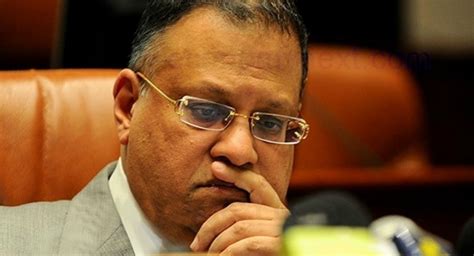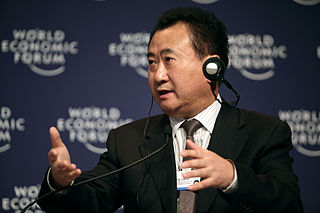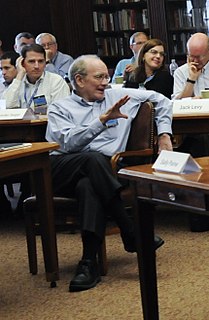A Quote by Arjuna Mahendran
Unlike in the 1980s and 1990s, this time the Japanese are going to be more circumspect and invest in their end markets, which would include Europe and the United States.
Related Quotes
The ideals and the values of the United States inspired the entire world. I don't think any of us can say that our standing in the world now, the way children around the world look at the United States, is the same. And part of what we need to do is to send a message to the world that we are going to invest in issues like education, we are going to invest in issues that relate to how ordinary people are able to live out their dreams. And that is something that I'm going to be committed to as president of the United States.
Unemployment is higher in Europe than in the United States and primarily concentrated in immigrant minority populations, so people are worried about what's going to happen and if American-style ghettos are emerging in Europe. There are some of the problems there that America sees associated with the lack of economic inclusion - family breakdown, gang behavior, and racial tensions. I get the sense that in Europe they are much more concerned about these issues than in the United States.





































